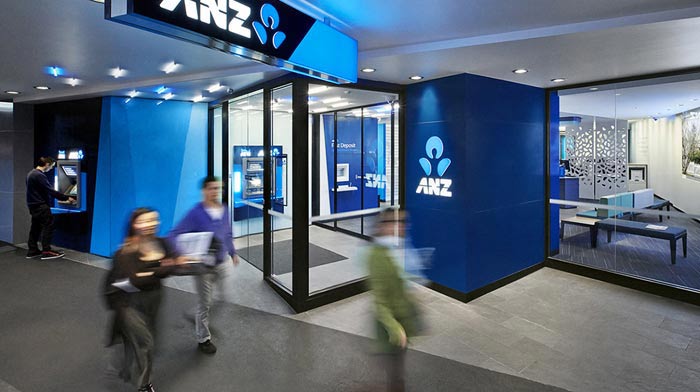A delegation of GPs will visit the Parliament of Western Australia today to talk with politicians about improving both their health and the health of Australia’s largest state.
The visit organised by Australia’s peak general practice body, the Royal Australian College of GPs (RACGP), will see GPs provide health checks to politicians, including risk assessments for diabetes, heart disease, and high cholesterol.
RACGP WA Chair Dr Ramya Raman said: “Having a regular GP is important for everyone. Seeing your GP when you are well will mean health conditions can be picked up earlier, treated earlier and ultimately, will help reduce the risk of a patient going to hospital.
“This is also an opportunity for WA’s politicians to learn about what GPs do, and why it’s so important that everyone in our state can access affordable GP care.
“However, demand for GP care is growing due to our changing demographics, we have an ageing population and an epidemic of chronic disease. We need to build WA’s GP workforce to meet increasing patient needs and implement reforms to improve access to care and quality for patients.
“RACGP WA is calling on our state government to fund an incentive payment for junior doctors to train as GPs in regional and remote communities to help grow the workforce.
“We’re also calling for primary care advisory councils to be established to work with local hospitals across WA to improve health outcomes for patients. Better collaboration and communication between hospitals and GPs would lead to better health for people who go to hospital unexpectedly.
“I’m looking forward to meeting WA’s political leaders and explaining what GPs do for our state. Everyone deserves the quality care you get from a GP who knows you, and your medical history. And government health funding and policy should ensure everyone in our state can access affordable GP care.”
RACGP WA is calling for the state to:
Provide junior doctors with top up payments of $40,000 to encourage them to train in WA
Improve collaboration and care by establishing primary care advisory councils to work with local hospitals
~








